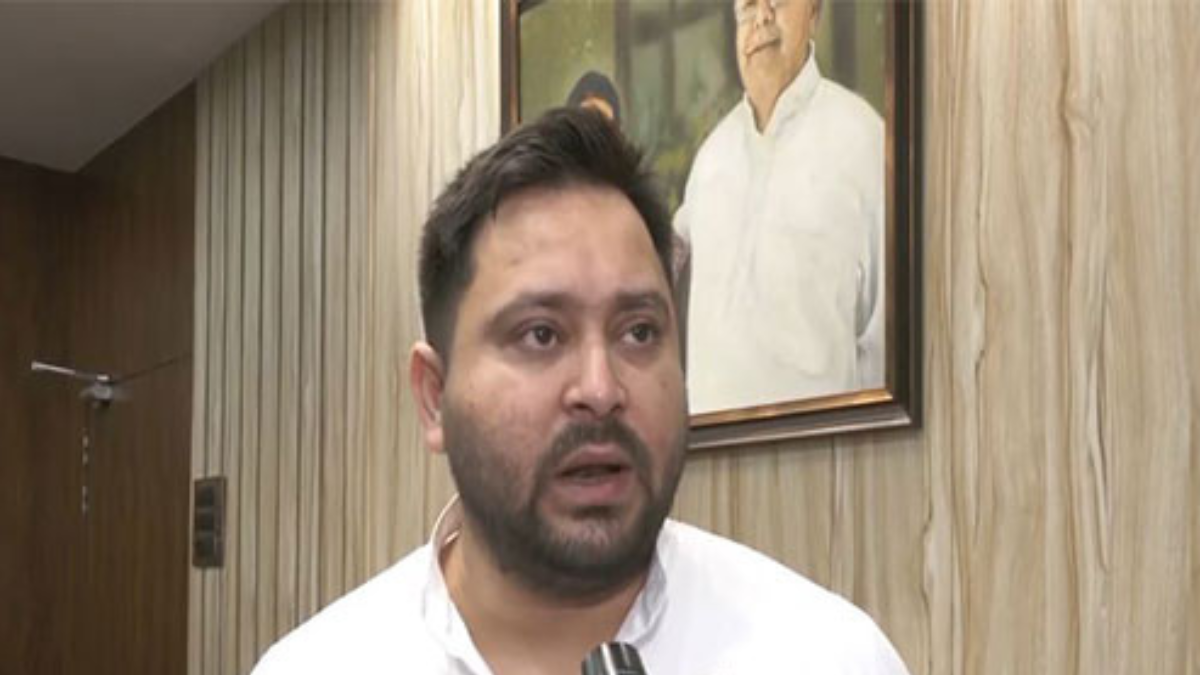
The Assam Legislative Assembly’s decision to end the two-hour Friday break that allowed Muslim MLAs to offer namaz has been criticised by prominent NDA allies Janata Dal (United) [JDU] and Lok Janshakti Party [LJP]. These parties have expressed their disagreement with Assam Chief Minister Himanta Biswa Sarma. A political controversy has been triggered by the ruling, with JDU and LJP voicing concerns regarding constitutional principles and religious freedom.
Neeraj Kumar, a JDU member, strongly disapproved of the action and urged Sarma to concentrate on more urgent state problems, like preventing floods and reducing poverty. “The decision made by the Assam chief minister is against the core principles of the country’s Constitution. Every religious belief has the right to preserve its traditions,” Kumar stated, adding that Sarma’s claim that removing the break would increase work efficiency was flawed.
Kumar drew a comparison to Hindu religious practices, questioning whether Sarma would impose similar restrictions. “A significant part of Hindu tradition is the Maa Kamakhya Temple – can you impose a ban on the practice of sacrifice there?” he asked.
Chief Minister Sarma, however, defended the decision, explaining that it was reached with consensus from both Hindu and Muslim legislators. “The Hindus and Muslims of our assembly sat in the MLA’s Rule Committee and unanimously resolved that the two-hour break is not right. We should work during this period as well,” Sarma said. He mentioned that as of the day before, the 1937-started practice had been formally ended.
Senior JDU leader K C Tyagi voiced his worries as well, stressing how crucial it is to uphold the Constitution’s guarantee of religious freedom. “The Preamble of the Constitution provides for liberty of thought, expression, belief, faith, and worship. No one should do anything which hurts the spirit of the Constitution and the religious sentiments of people,” Tyagi said.
LJP Delhi president Raju Tiwari reiterated same thoughts, urging the Assam government to protect religious freedom and preserve inclusive principles.
